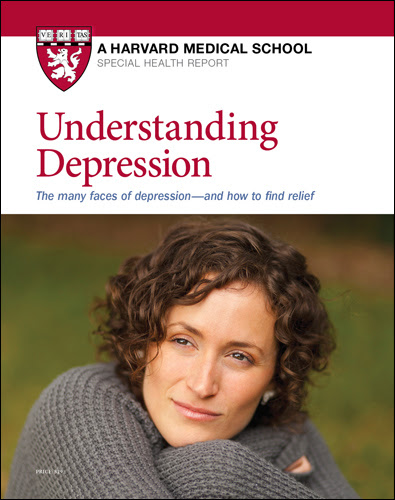
Medications for depression: Which is best?

Image: iStock
One day, a detailed knowledge of the biology of depression may help us to predict which antidepressant will work best for each person. Right now, though, psychiatrists and other doctors who prescribe antidepressants choose a particular drug and dosage based on many factors, including the following:
- Diagnosis. Certain drugs work better for specific symptoms and types of depression. For example, some antidepressants may be better than others when insomnia is an issue.
- Side effects. Ask your doctor about the side effects of the recommended antidepressant. If common side effects are things you want to avoid, see if there is another option.
- Age. As you age, your body tends to break down drugs more slowly. Thus, older patients may need a lower dosage. Only a few depression medications have been studied carefully for use in children.
- Health. Your doctor will consider factors such as heart disease or neurological illnesses when recommending a particular antidepressant. Be sure to discuss any medical problems thoroughly with your primary care doctor or psychiatrist before starting an antidepressant.
- Medications, supplements, and diet. When combined with certain drugs or substances, antidepressants may not work as well or may even have worrisome or dangerous side effects. People taking an antidepressant known as a monoamine oxidase inhibitor (MAOI) need to take particular care.
- Alcohol or drugs. Alcohol and other substances can cause depression and make antidepressants less effective. Doctors often treat alcohol or drug addiction first if they believe either is causing the depression. In many instances, simultaneous treatment for addiction and depression is warranted.
Once you have learned as much as you can about the treatment options, talk to your doctor about the approach that seems best for you given your lifestyle, your interests, and your judgment.
For additional information on medications and their effectiveness, buy Understanding Depression, a Special Health Report from Harvard Medical School.

Understanding Depression
Featured content:
| • | What is depression? |
| • | Causes of depression |
| • | Diagnosing depression |
| • | Seeking treatment |
| • | Finding the right medication |
| • | ... and more! |
Click here to read more »






















.png)











No hay comentarios:
Publicar un comentario